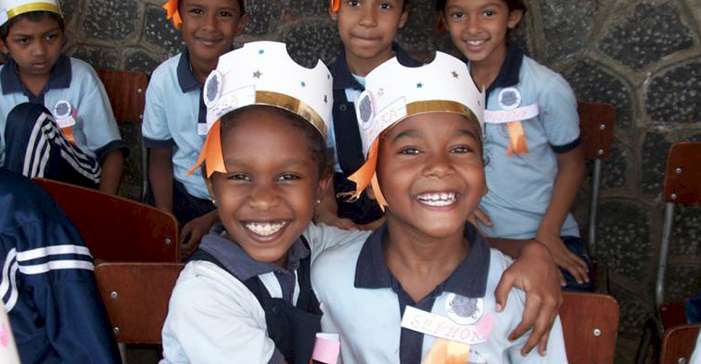FAQs for potential international partners

Check our map of international partners to see whether the programmes are already running where you are.
We don’t provide our programmes to individual schools overseas. We sign a licence agreement with a partner agency, which then manages the programme in that region or country.
See our guidelines to see what’s involved.
This varies according to a number of factors. Contact us for a quotation.
Our programmes have now reached over 2.6 million children around the world, and there’s a lot of evidence to show that they’re effective. And multiple studies of SEL programmes have shown that improving children’s SEL also boosts academic achievement.
Partners need to decide where the programmes run best, based on local culture and settings. Zippy’s Friends is designed for children aged 6 – 7 years old. In some countries, these children are in the top year of kindergarten; in others, they’re at primary school. However, some partners run Zippy's Friends successfully with 5 – 6 year-olds; others find it runs best with 7 – 8 year-olds.
In many countries, the Skills for Life programmes are run effectively in classes of 25 – 30 children, delivered by one adult. If classes are too small (under ten children) they may not generate enough ideas to make the most of the programmes. If classes are too large, it may be difficult for children to participate in the activities, and some may feel left out.
Our programmes are designed for whole class use, so that children generate lots of different strategies, and less able children can hear the ideas of others. However, the programmes can be reinforced later with individual children using the Additional Activities.
The Special Needs Supplement contains a wide variety of adapted activities and is suitable for children in special schools.
In most cultures around the world, adults are reluctant to discuss death with children. However, Zippy’s Friends has been run with over 2.5 million children in a wide variety of cultures, and teachers have been pleasantly surprised at how popular and successful this part of the programme is. It does not hurt children to talk about death, and many of them welcome the chance to discuss a topic that parents may feel unable to tackle themselves. See more information about talking to children about death.
These are being piloted and should be available soon. You can download and use our Early Years activities free of charge.
Yes. Several times a year, Partnership for Children hosts online partner meetings. These are fruitful and joyful occasions where partners share experience and best practice, meet old friends and make new ones.